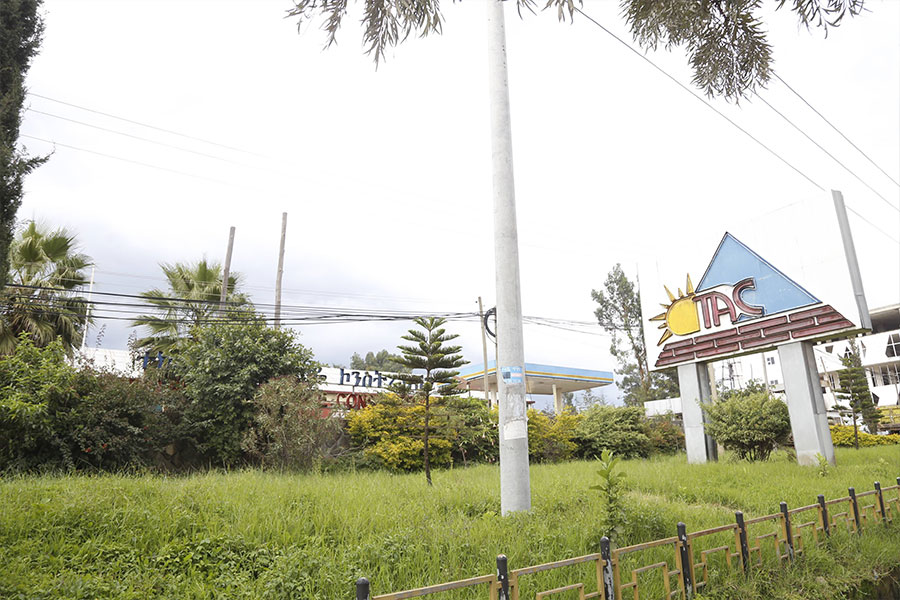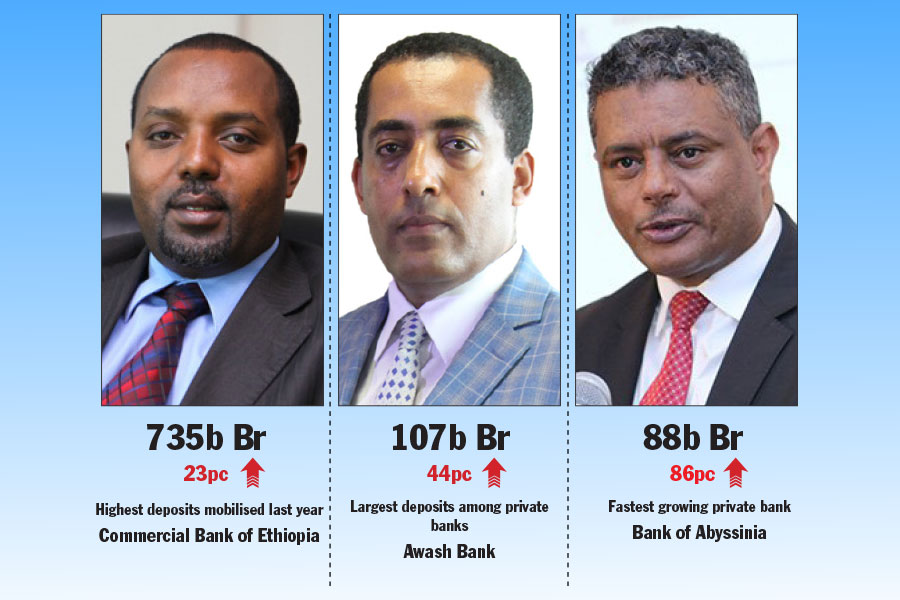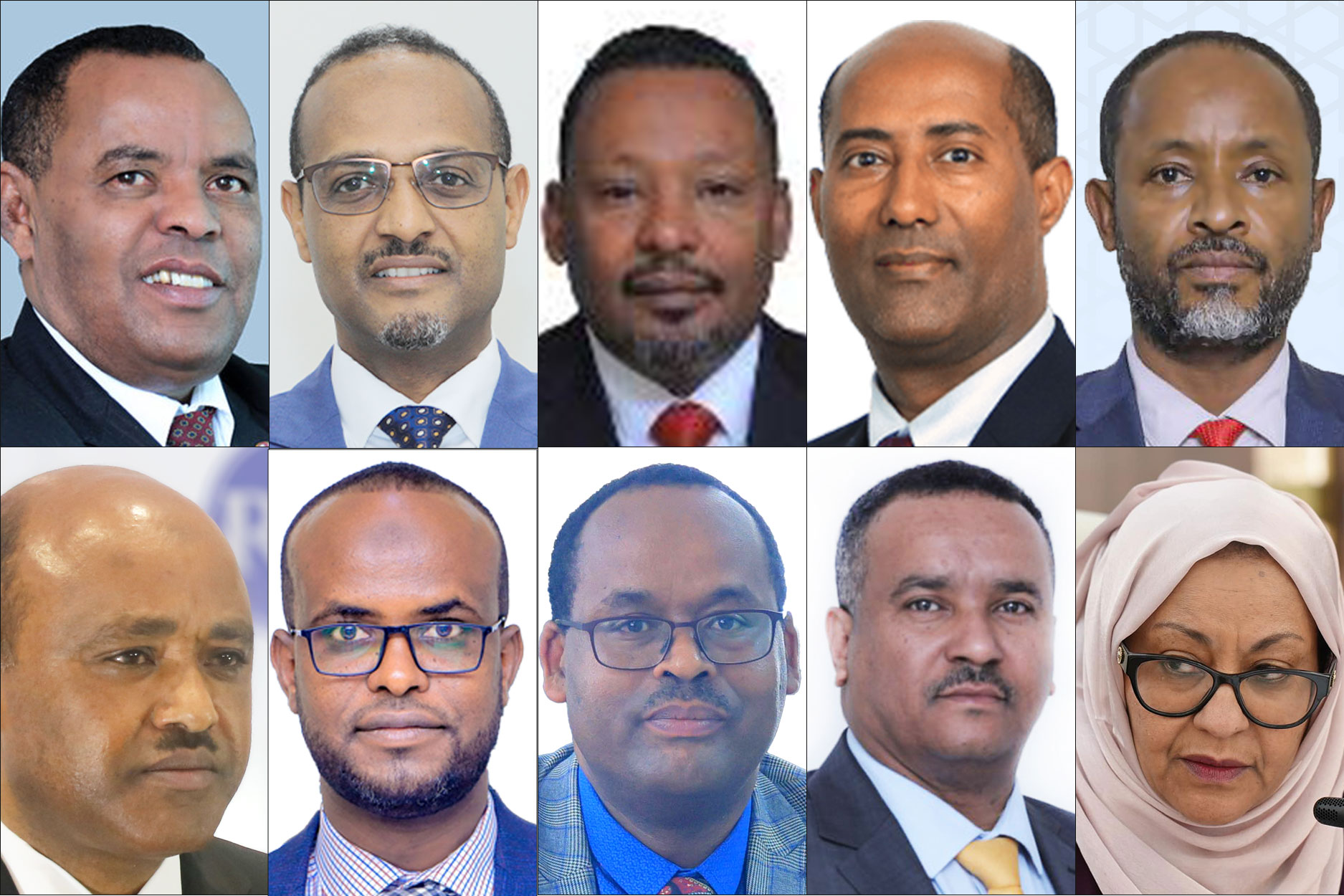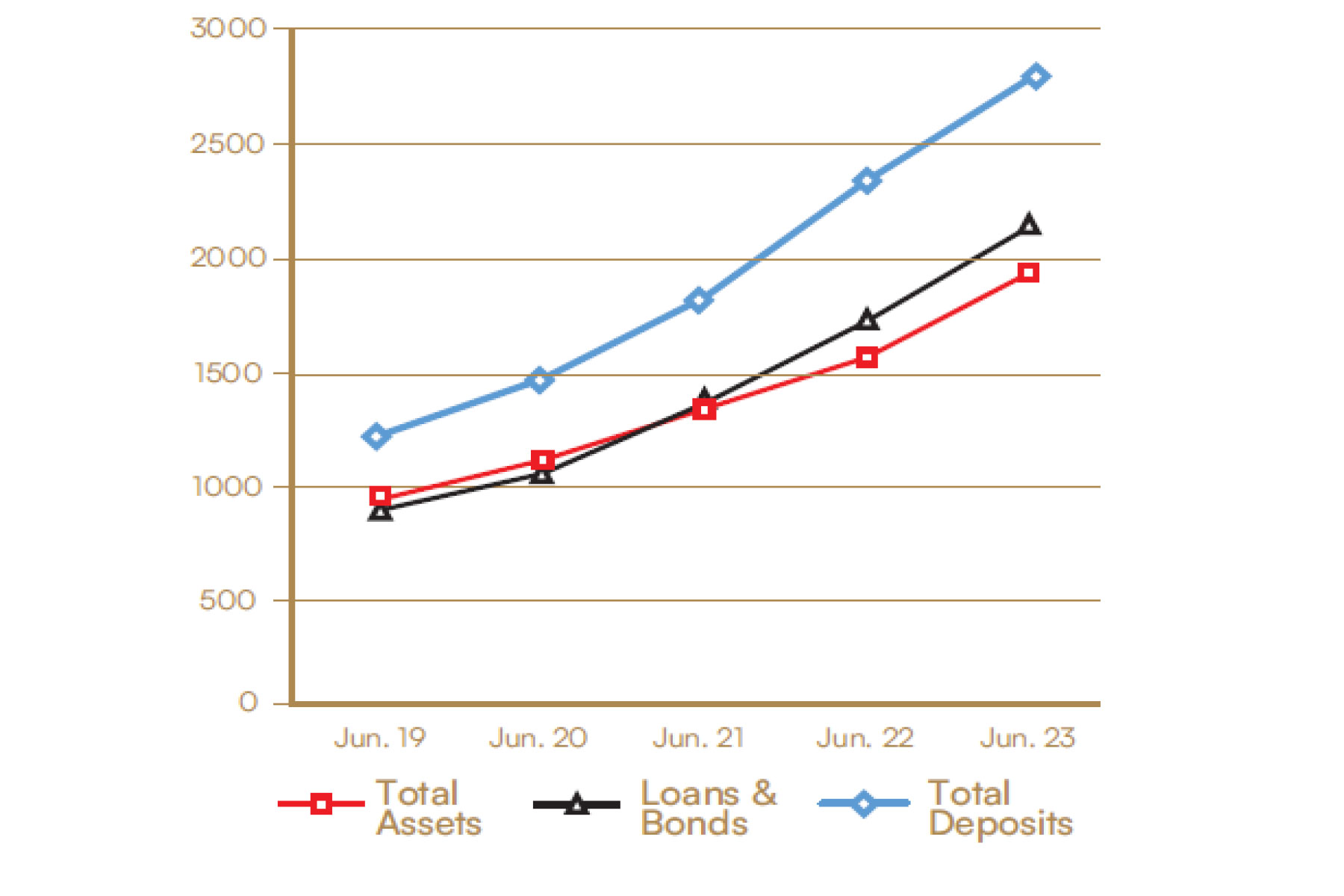
Fortune News | Dec 11,2021
May 23 , 2021
By Kidist Yidnekachew
A friend of mine visited Nairobi, Kenya, years ago. He was shocked to find a technology that was hitherto alien to him. It was called M-Pesa and it was linked to the Safaricom mobile account of Kenyan users.
“This was so first-world to me at the time because I had just received my first SIM card after having being pre-registered for three years,” he said.
At the time, his account at Ethio telecom had no access to the internet, voicemail, call waiting or call divert. It was a plain old phone but without a cable attached to it. At one time, just before 2005, one could get their SMS activated. But that was turned off for years after political unrest during the elections back then.
Recently, a lot of fuss has been made over the launch of Telebirr. Given that everyone that signs up to it gets 15 Br airtime credit, this is understandable. But it seemed more like a PR stunt with an old technology being passed off as innovation. Ethio telecom was not even the first. Several banks have been introducing mobile banking services over the past few years, with the biggest of them being CBE Birr. They were all overly publicised, only to lose their novelty later on after release.
But why do they fizzle out?
Ideas that are copied usually fail. This is because the person who dreams up the idea understands it and understanding what one is selling is the difference between mass adoption and fizzling out. The mobile money services that are popping up every time are nothing more than bullet points on a brochure to these institutions - they introduce them for the sole purpose of saying, "we have mobile money too." It is more of a keeping up with the joneses of the banking and financial sector rather than innovation.
In mobile money and electronic transactions, the reason for failure to launch should have been clear long ago. This is a lack of person-to-person promotion and training, minimal interoperability between banks and poor telecoms infrastructure.
If local neighbourhood kiosk owners know that electronic transactions significantly decrease the risk of being robbed, they will stop accepting cash the next day. It is not just shop owners, though. I have tried to be paid using CBE Birr for freelance services without luck.
“Isn’t that for paying utility bills?” I have been told.
In the end, what matters is how well these services are utilised, not how many people register, like the over a million people that did in Telebirr’s case in six days since its release.
No less challenging is the issue of interoperability. While foreign banks can send a payment from across the oceans, an Ethiopian cannot transfer 100 Br from an Awash Bank account to CBE Birr. I will not open a Dashen Bank account just because a shop owner uses Amole and I use Telebirr.
What is hard about paying from any mobile money service to any other?
To be fair, progress has been made in interoperability between ATMs and, to an extent, Points of Sale (PoS) machines. EthSwitch, which all banks work with, is also currently piloting e-payment interoperability.
But none of this matters when the telecoms infrastructure continues to be poor. All banks are connected through a network run by Ethio telecom, including ATM vestibules. When someone uses their CBE debit card to get money from an Awash Bank ATM machine, the link checks the CBE ledger to see if they have the funds. Thus, when the ATM sometimes deducts the funds but fails to provide the cash or just would not work, this is because of a lack of network fidelity. The same applies for the teller window service. We are often told that the system is down. This is entirely due to poor network infrastructure.
With the combination of these challenges, Ethio telecom needs to pull off a miracle to make its fancy new product stick.
PUBLISHED ON
May 23,2021 [ VOL
22 , NO
1099]


Fortune News | Dec 11,2021

My Opinion | Jan 30,2022

View From Arada | Mar 26,2022


Sunday with Eden | Mar 06,2021

Commentaries | Jul 13,2019

Fortune News | Jul 18,2021

Fortune News | Dec 13,2021

Fortune News | Oct 02,2021

Radar | Feb 05,2022

Photo Gallery | 95982 Views | May 06,2019

Photo Gallery | 88260 Views | Apr 26,2019

My Opinion | 66949 Views | Aug 14,2021

Commentaries | 65704 Views | Oct 02,2021
My Opinion | Apr 13,2024

Feb 24 , 2024 . By MUNIR SHEMSU
Abel Yeshitila, a real estate developer with a 12-year track record, finds himself unable to sell homes in his latest venture. Despite slash...

Feb 10 , 2024 . By MUNIR SHEMSU
In his last week's address to Parliament, Prime Minister Abiy Ahmed (PhD) painted a picture of an economy...

Jan 7 , 2024
In the realm of international finance and diplomacy, few cities hold the distinction that Addis Abeba doe...

Sep 30 , 2023 . By AKSAH ITALO
On a chilly morning outside Ke'Geberew Market, Yeshi Chane, a 35-year-old mother cradling her seven-month-old baby, stands amidst the throng...

Apr 13 , 2024
In the hushed corridors of the legislative house on Lorenzo Te'azaz Road (Arat Kilo)...

Apr 6 , 2024
In a rather unsettling turn of events, the state-owned Commercial Bank of Ethiopia (C...

Mar 30 , 2024
Ethiopian authorities find themselves at a crossroads in the shadow of a global econo...

Mar 23 , 2024
Addis Abeba has been experiencing rapid expansion over the past two decades. While se...

Apr 13 , 2024
A severe financial stranglehold has been imposed on the banking industry, underminin...

Apr 13 , 2024 . By MUNIR SHEMSU
In an unprecedented move, the central bank has published its inaugural stress test report, uncovering potential fault lines within the finan...

Apr 13 , 2024 . By MUNIR SHEMSU
In a bold departure from its historical position on foreign investment, the federal government has opened...

Apr 13 , 2024 . By AKSAH ITALO
A proposed excise tax stamp system draws controversy amongst industry leaders in the alcohol, tobacco, be...